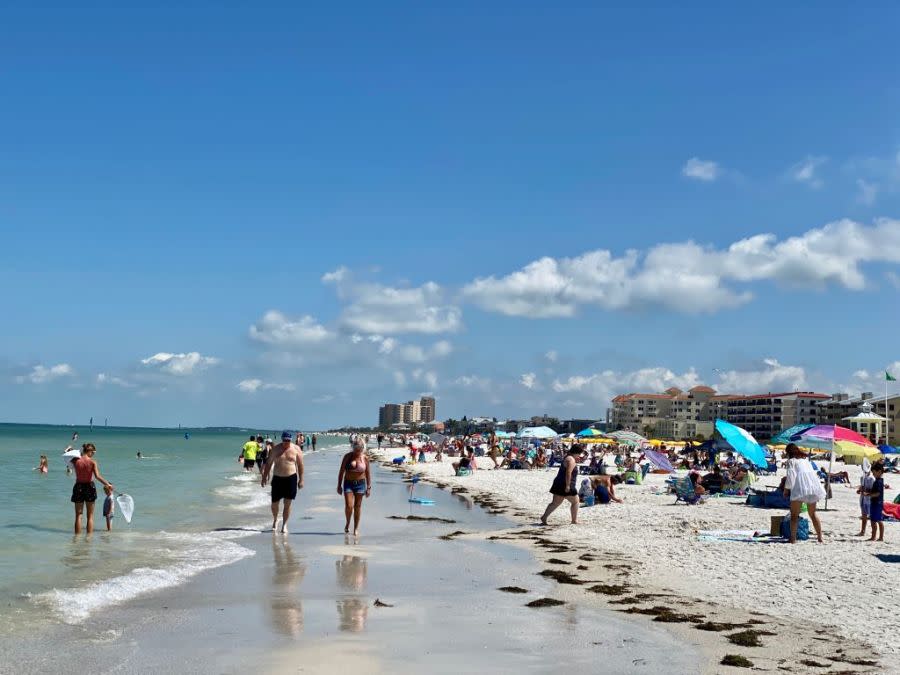Here’s how hot summer was in Tampa the year you were born

(NEXSTAR) – Do you swear that it wasn’t this hot back in the day? It certainly feels that way.
To test that hypothesis, we asked Climate Central, an organization of scientists and journalists who study climate change, to analyze summer temperatures in Tampa dating back to 1940. We compiled it into a table (below) so you can look and see if the summers when you were young were as hot as the ones we are experiencing now.
For just about everyone around the world, the suspicion is that it’s gotten hotter since the days when you used to play at the park or attend summer camp. Just this past Sunday, the Earth recorded its hottest day ever. That record was broken again on Monday. A slight temperature drop on Tuesday made it the world’s second-hottest day.
1-in-4 Floridians vulnerable to extreme heat: report
In Tampa, the difference over the decades is stark when you focus on the average low temperatures. Eighty years ago, summer low temperatures tended to be in the low 70s, making for cooler mornings and evenings. Now, on average, lows only get down to 77 or 78 degrees.
Warmer and warmer nights can be dangerous, health experts warn, because they don’t give people’s homes or bodies enough time to cool off.
The average high temperature has also trended slightly upward over the years. The hottest summers in recent history appear to be 2022 and 2023, when the average high temperature between June and August topped 92 degrees. Only time will tell if the summer of 2024 will beat those records, too.
Use the searchable table below to see how hot summers used to be when you were born or when you were growing up, and see how it has changed since then.
Having trouble seeing the table above? Click or tap here to open it in a new window.
The planet has been on a “hot streak” since April 2023, Climate Central says, where month after month has seen record-breaking global temperatures.
Of the 230 cities analyzed by Climate Central, 95% of them have seen summers grow hotter since 1970. The “urban heat island” effect can also make it feel even hotter in certain neighborhoods.
Copyright 2024 Nexstar Media, Inc. All rights reserved. This material may not be published, broadcast, rewritten, or redistributed.
For the latest news, weather, sports, and streaming video, head to WFLA.

